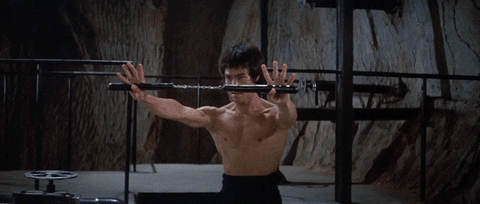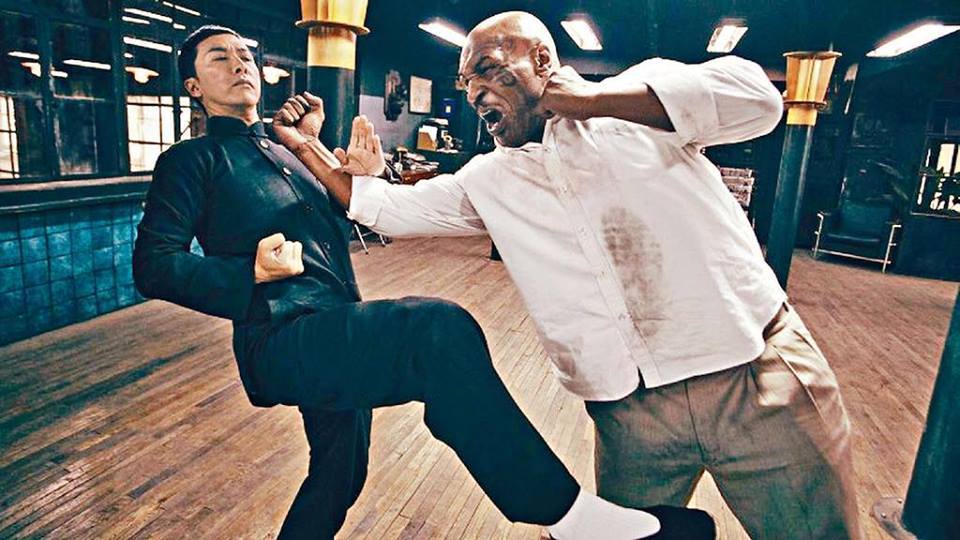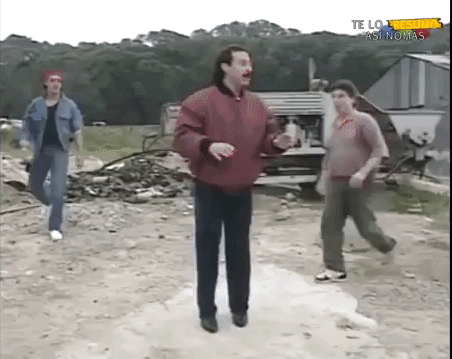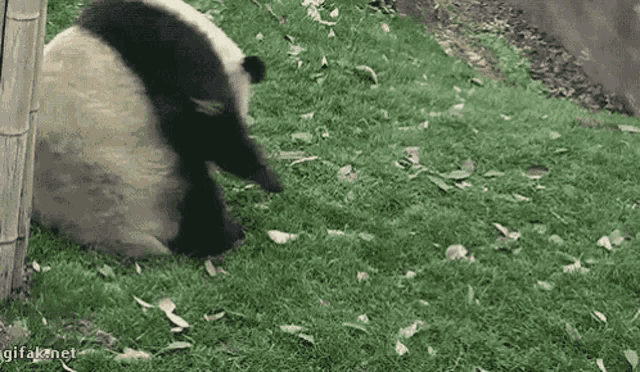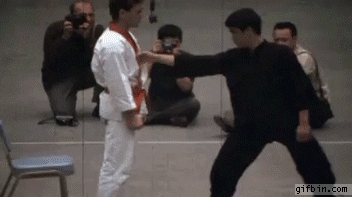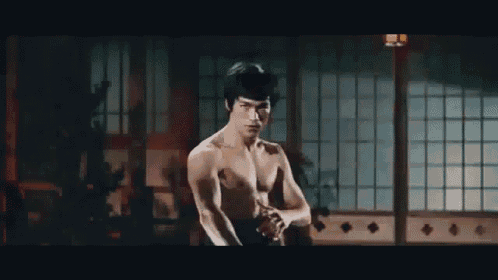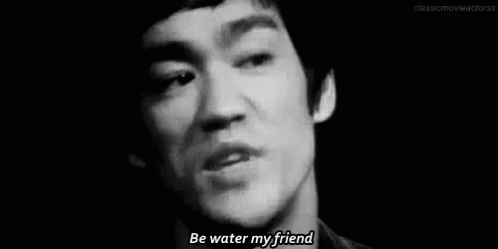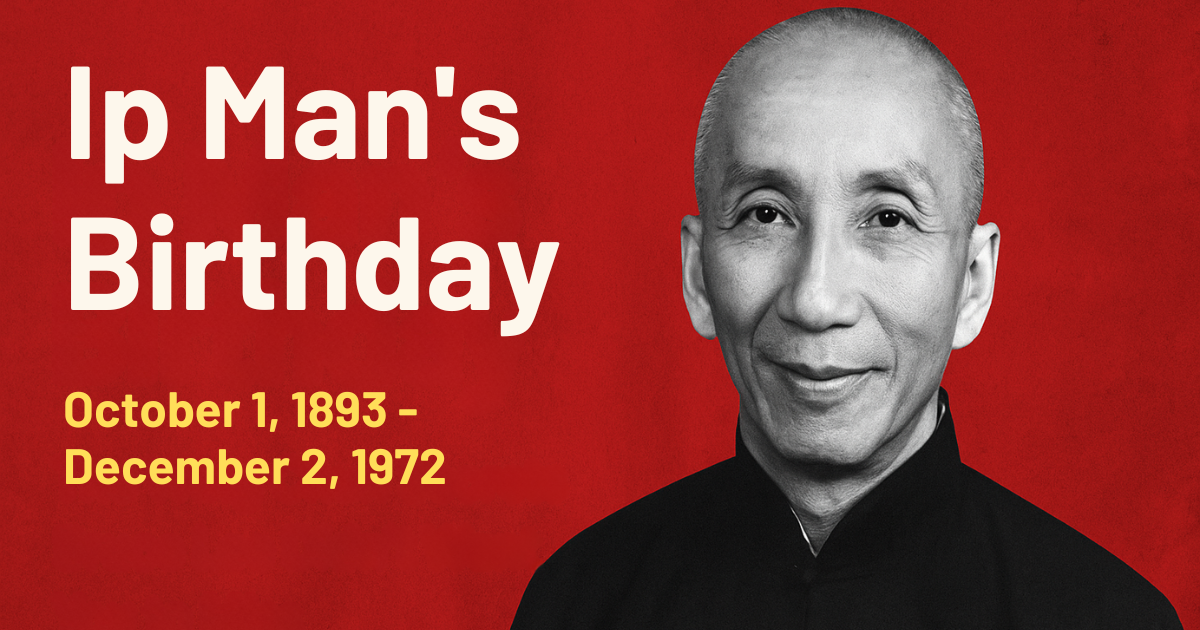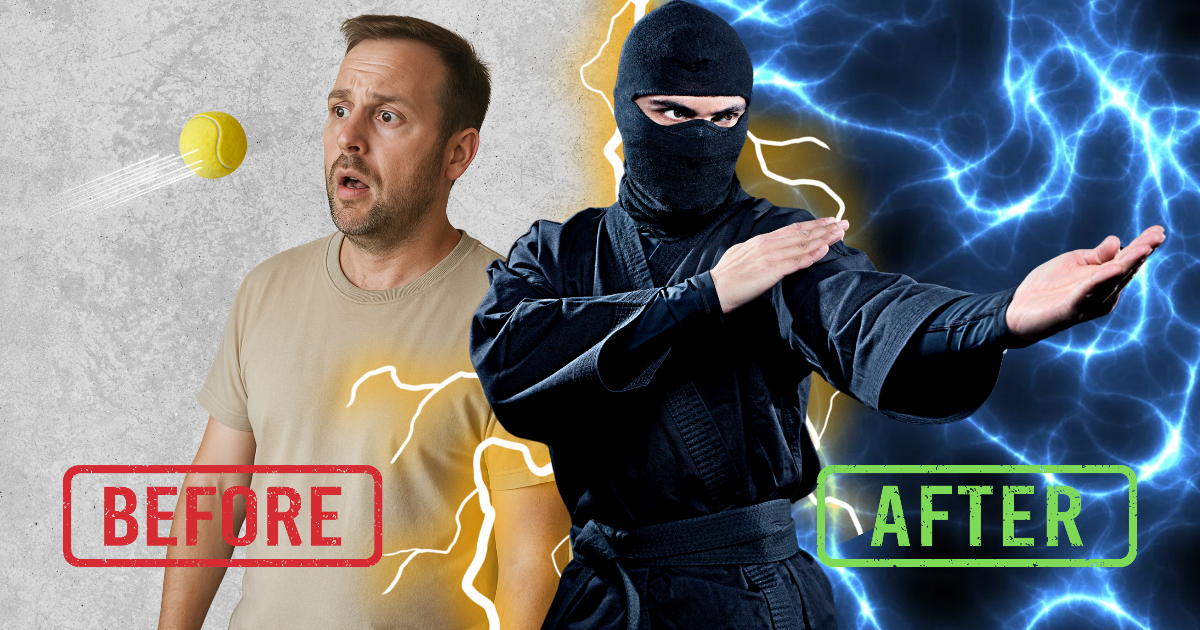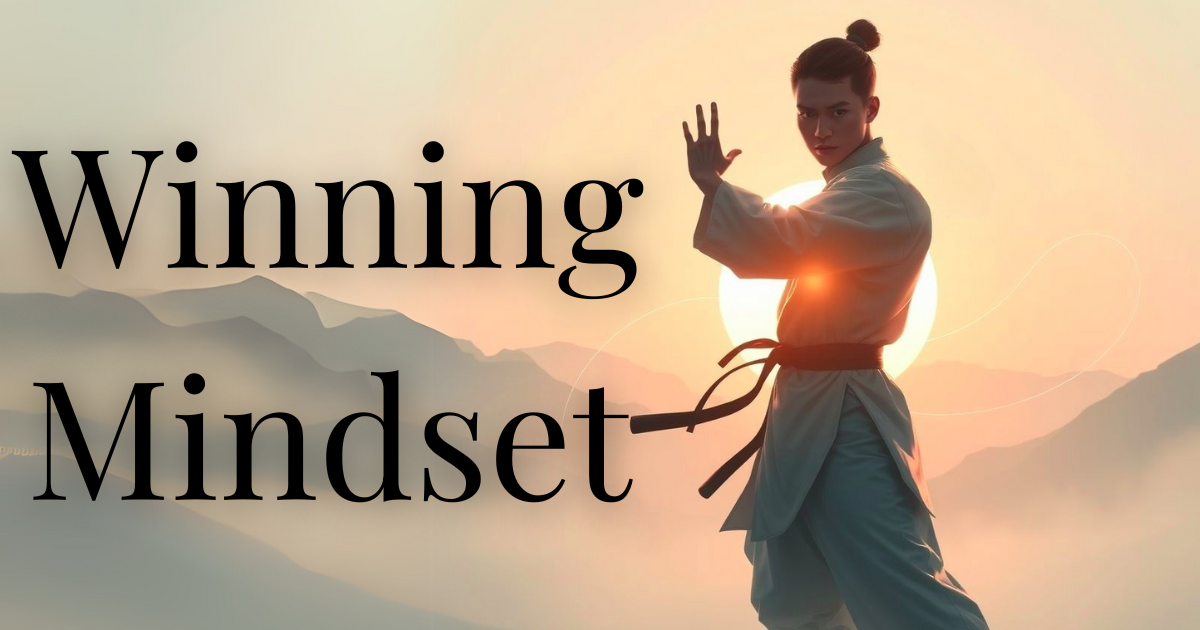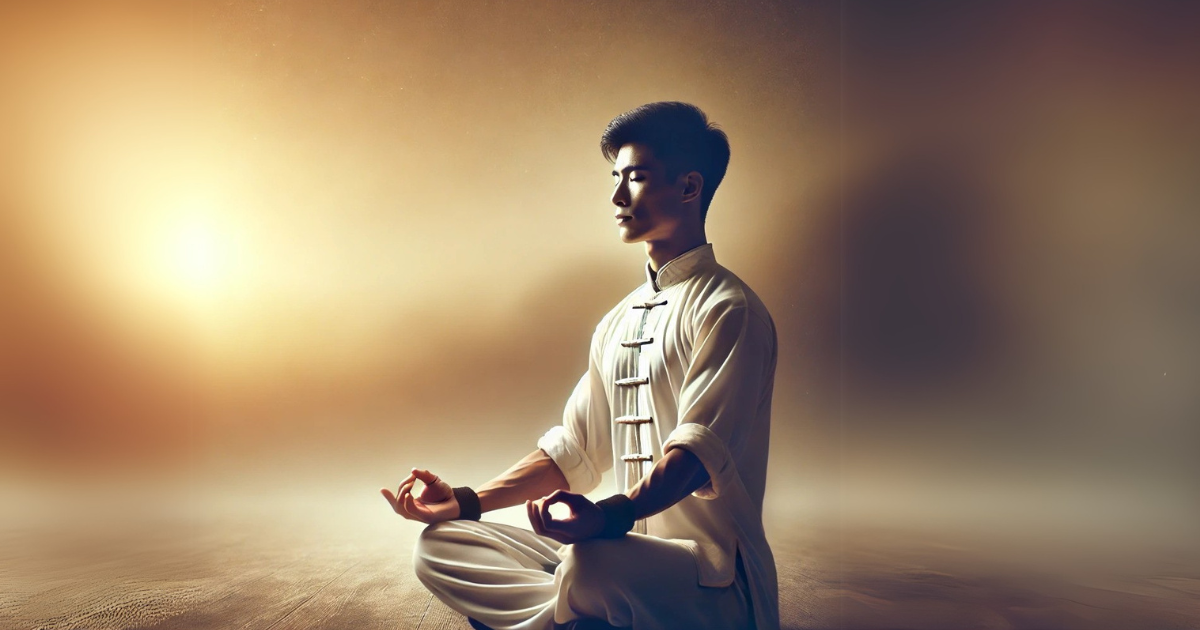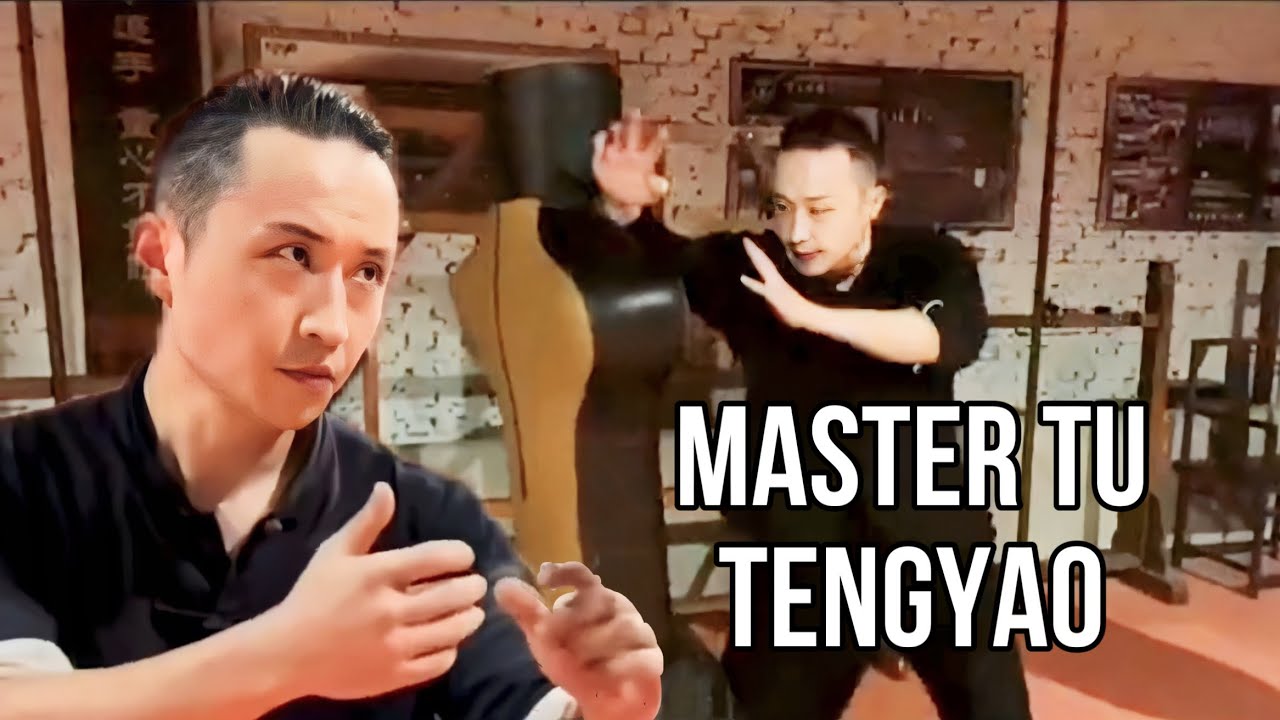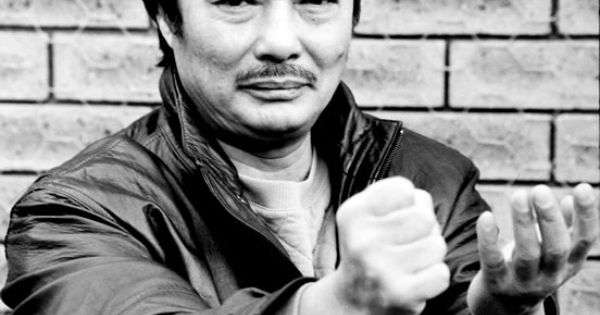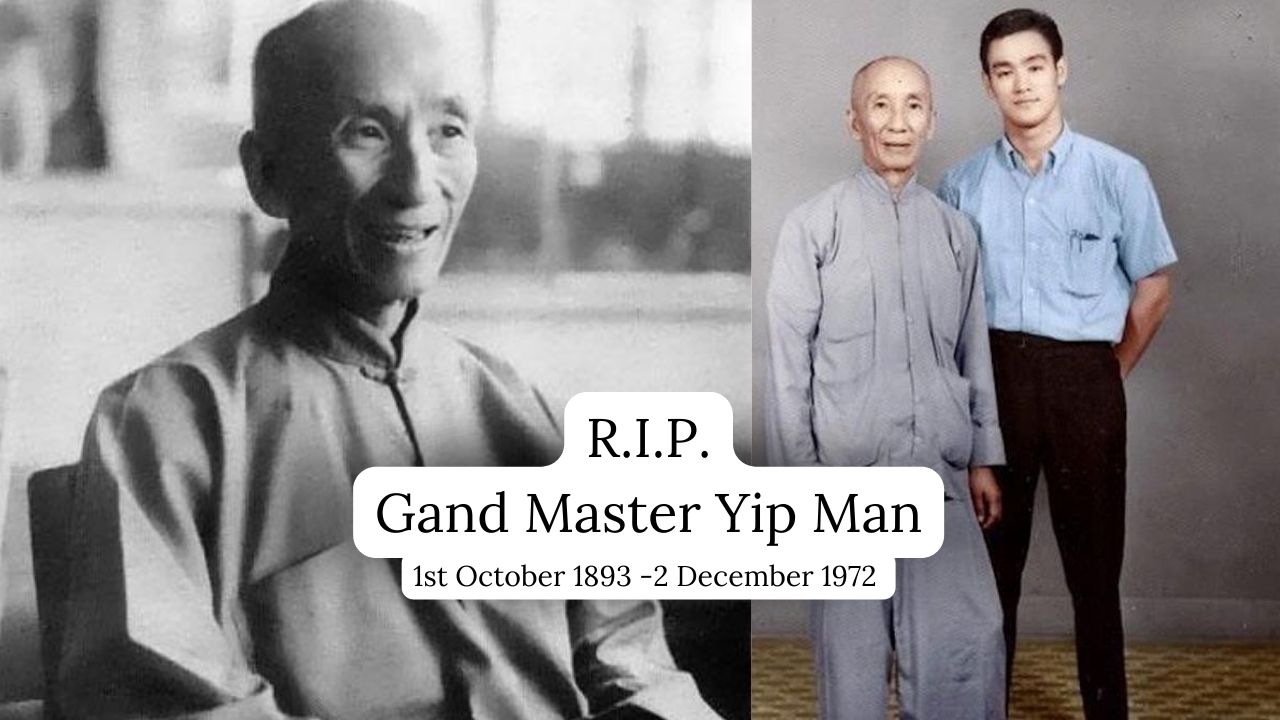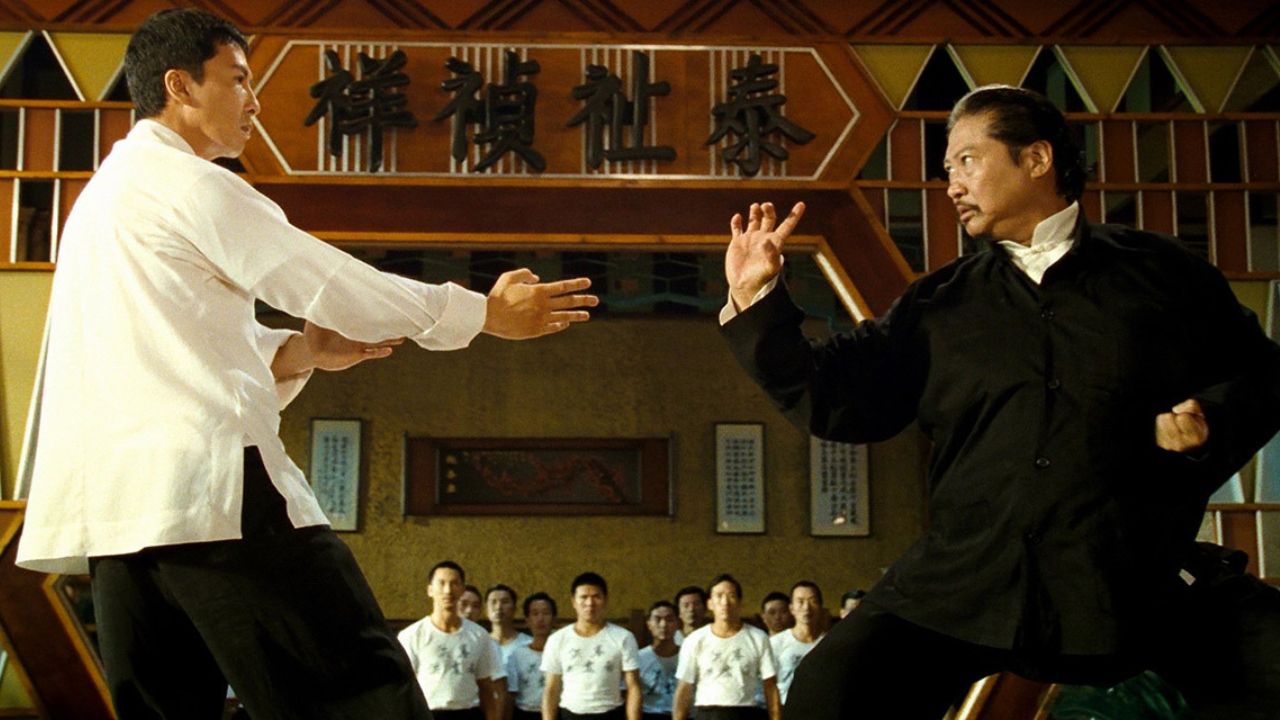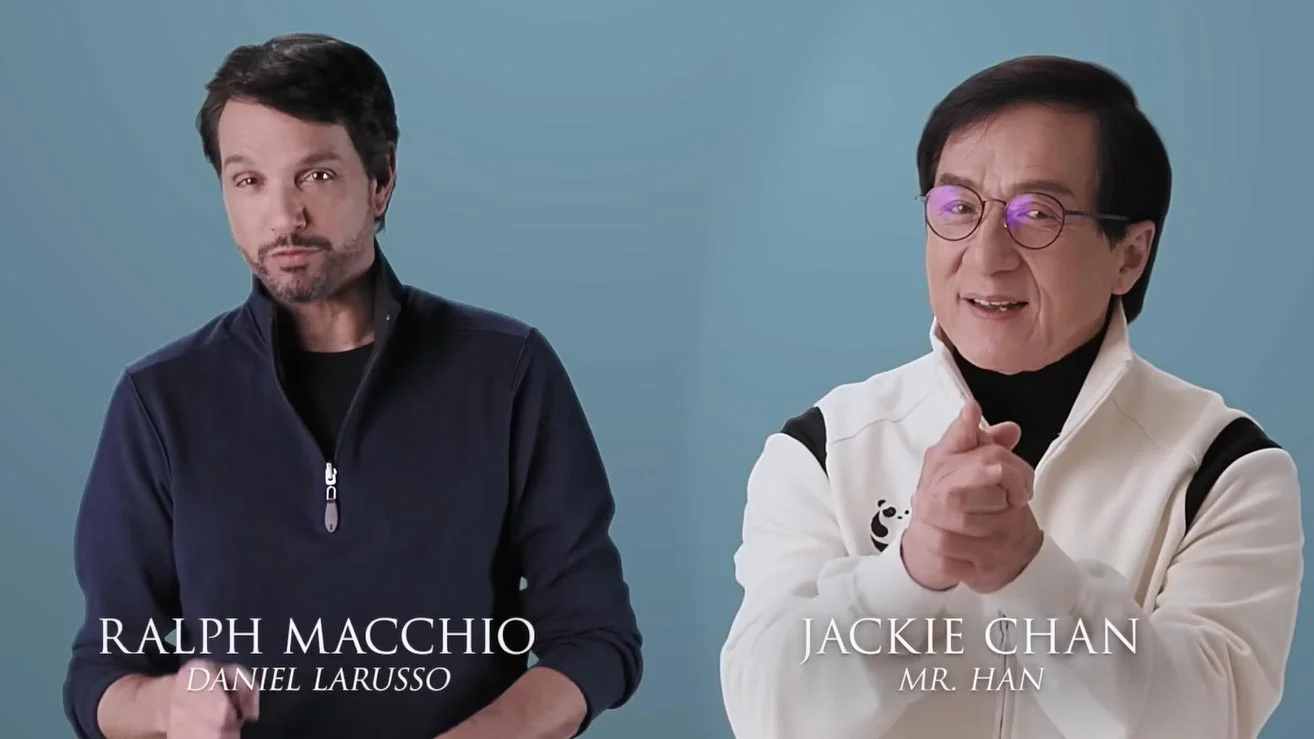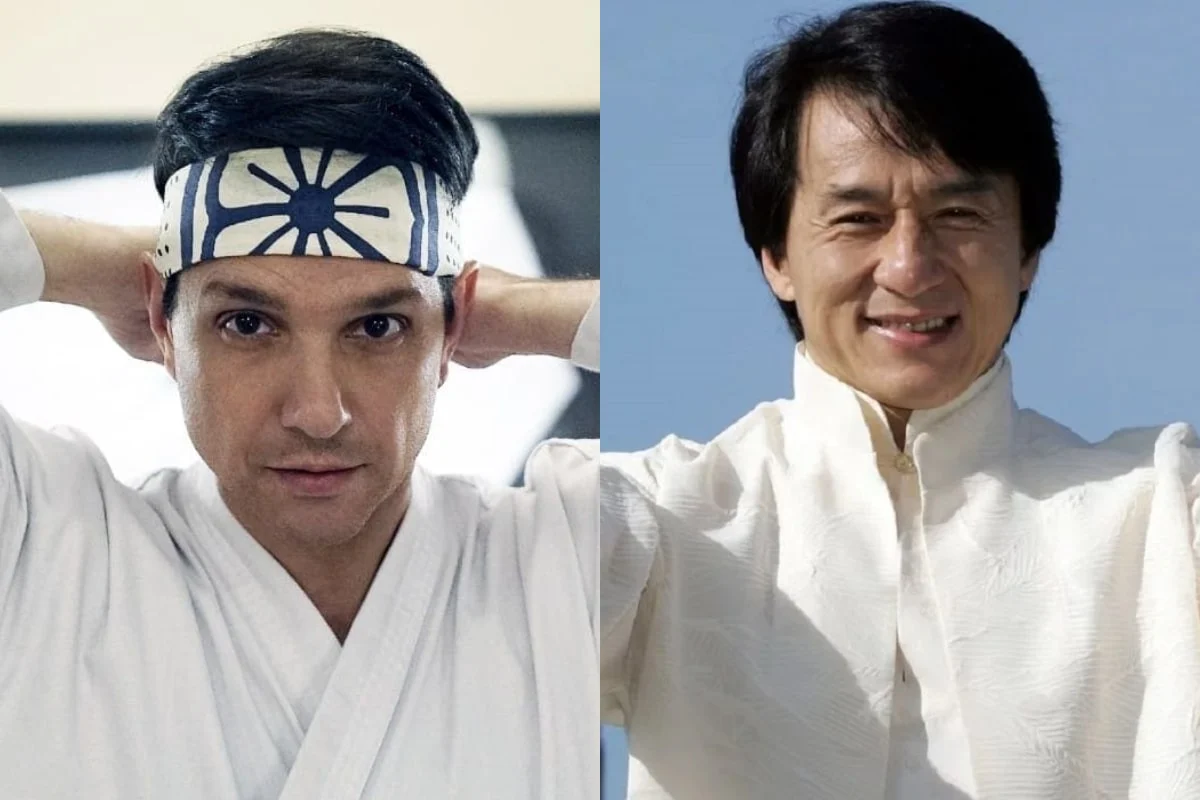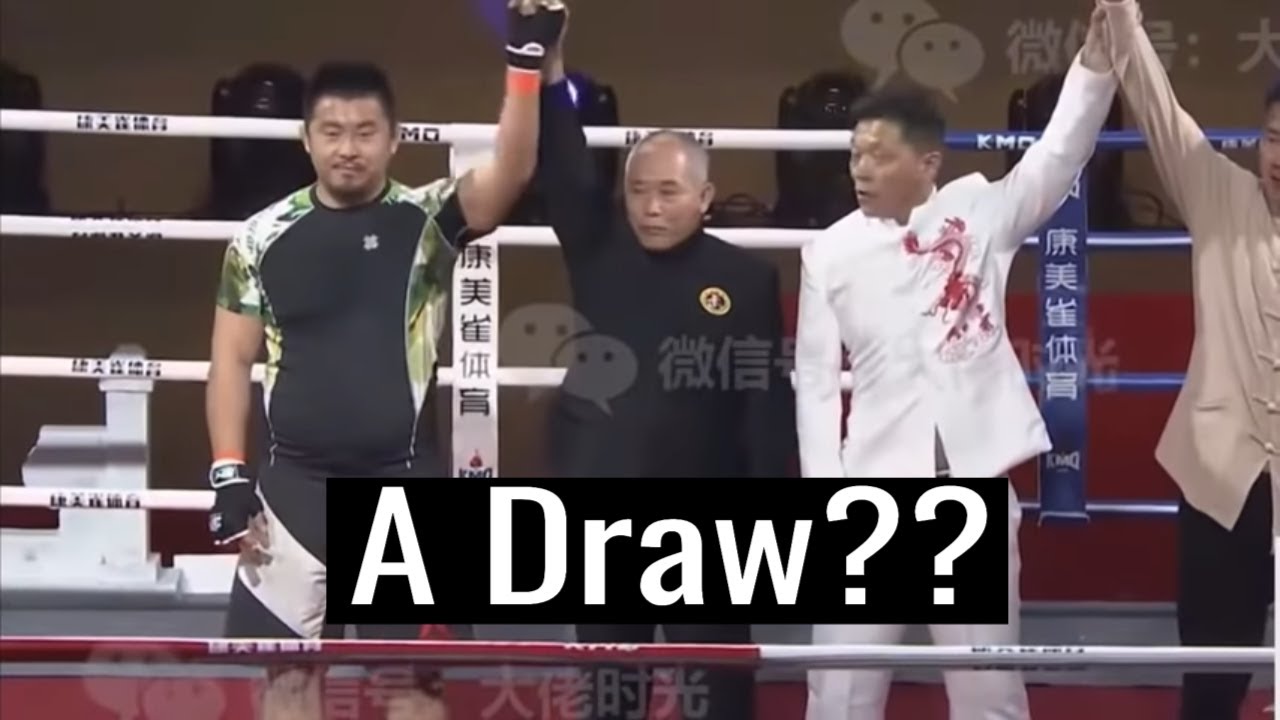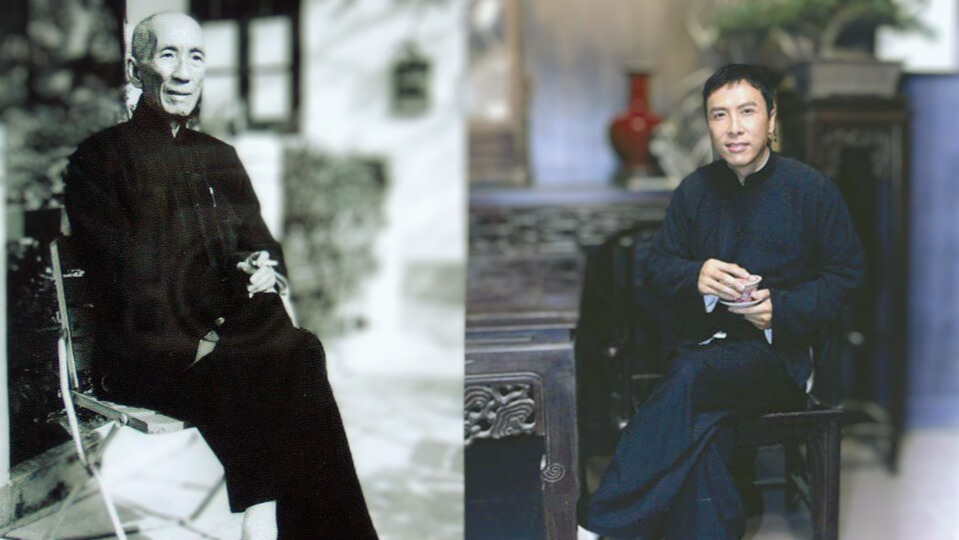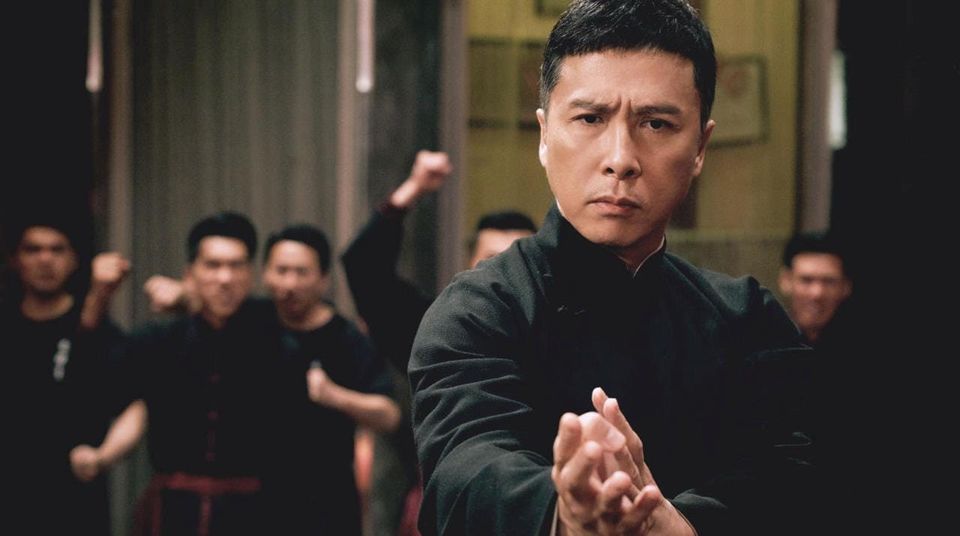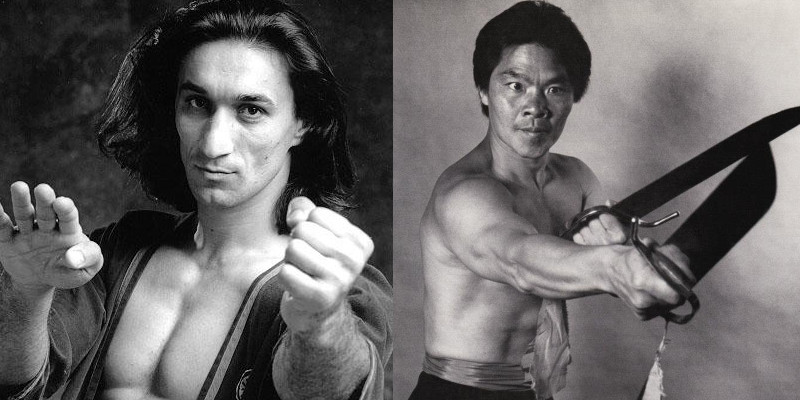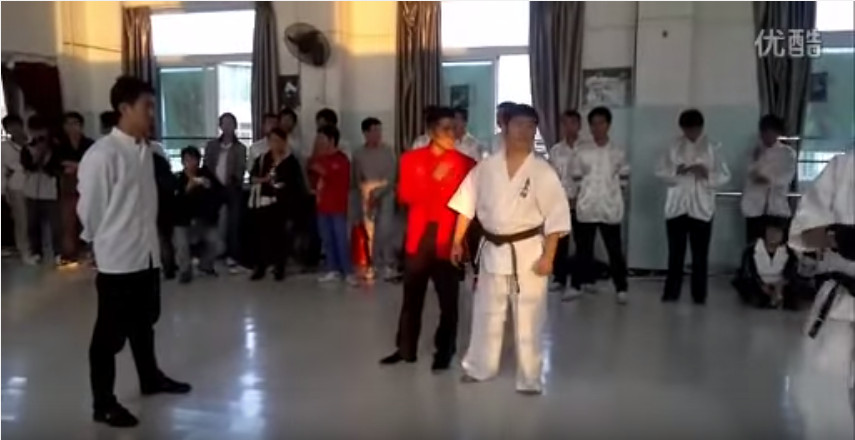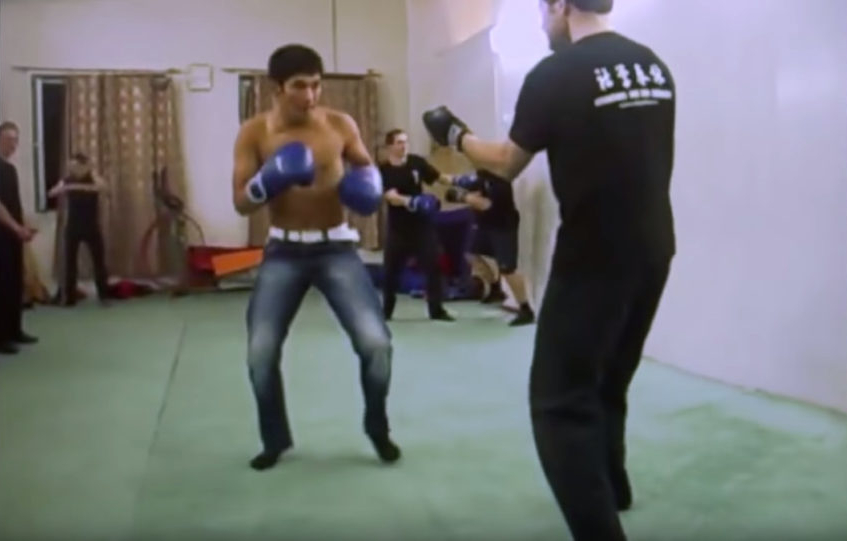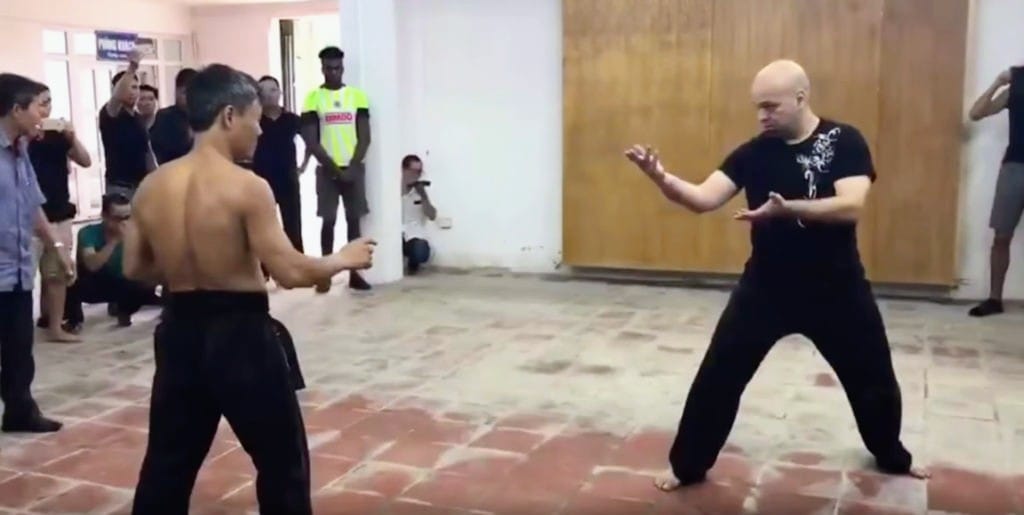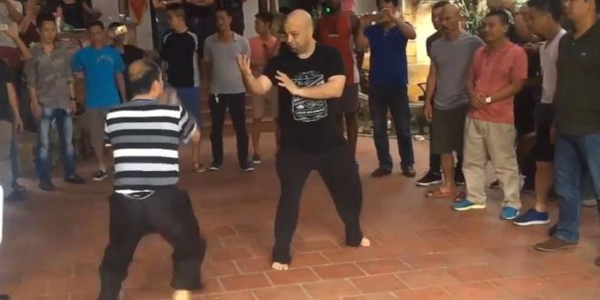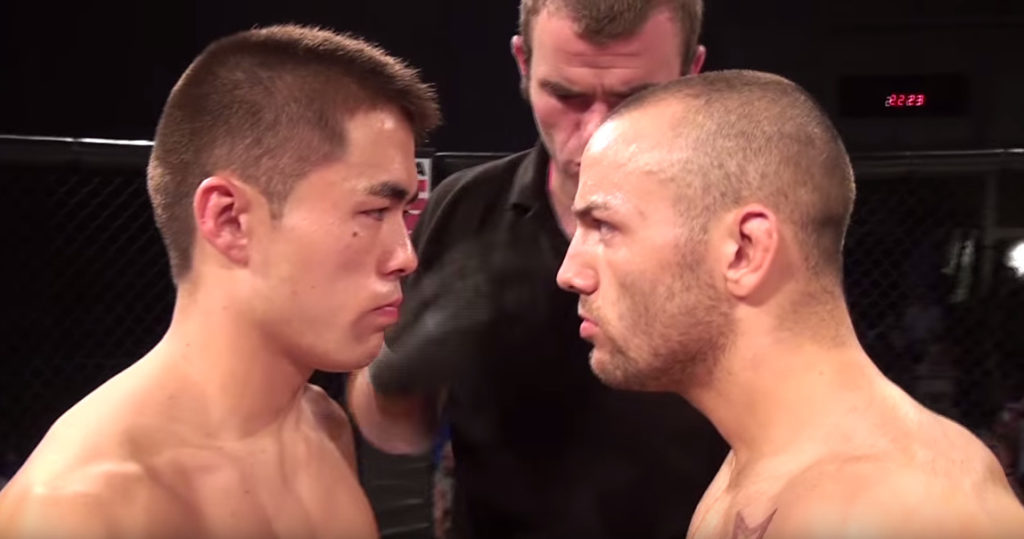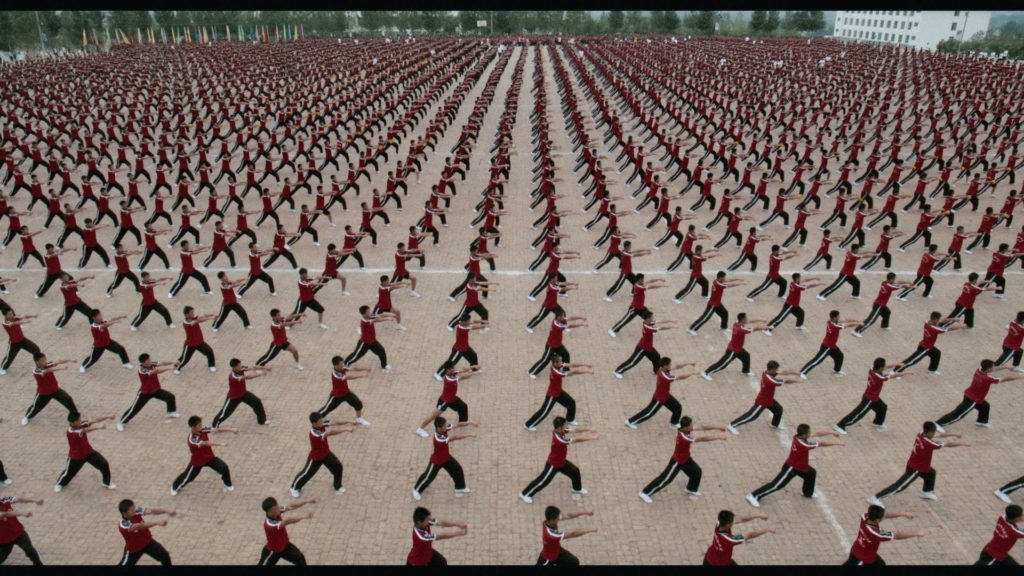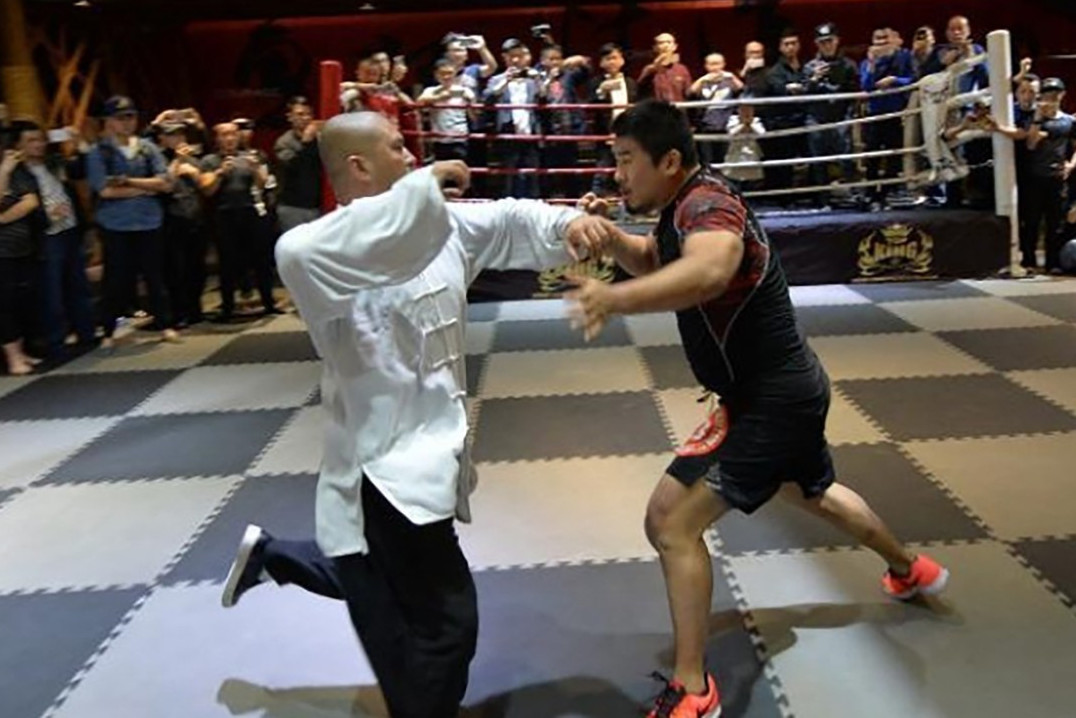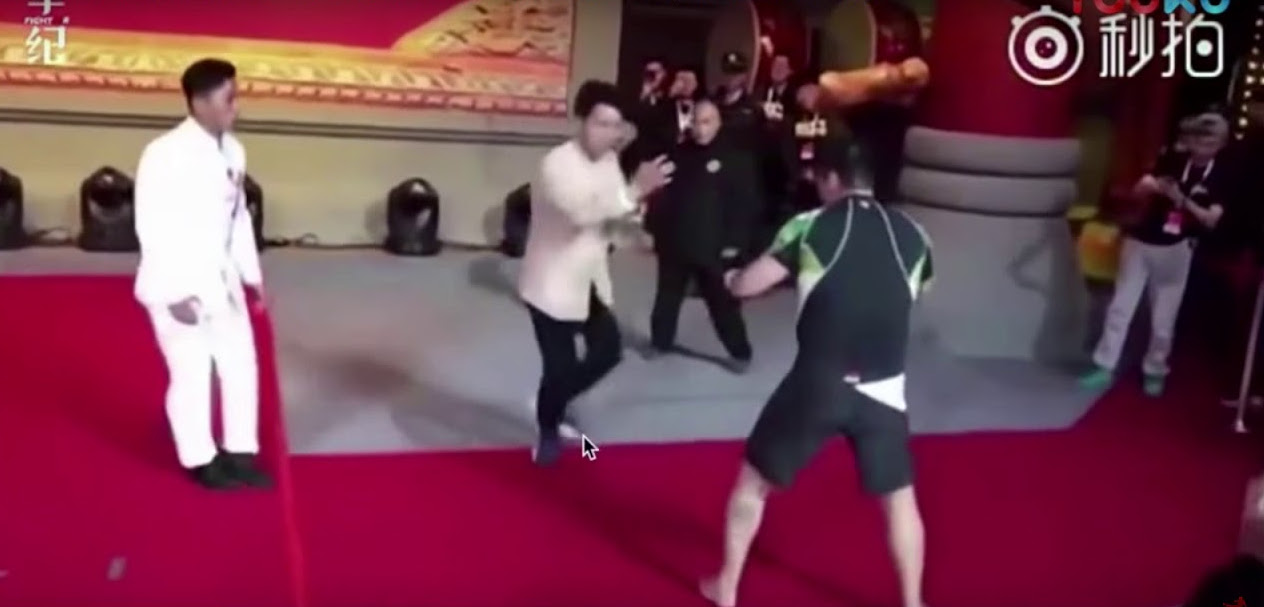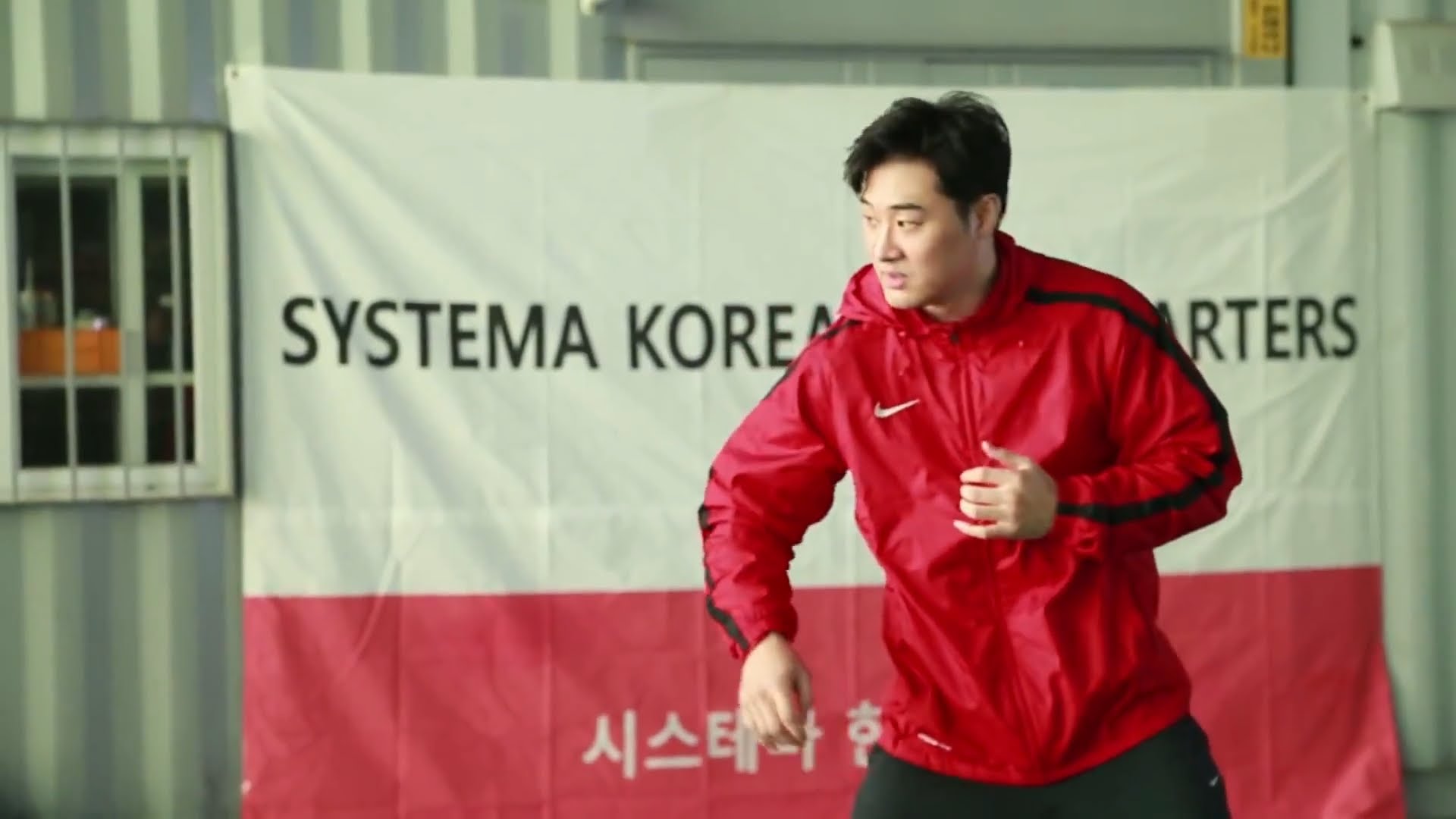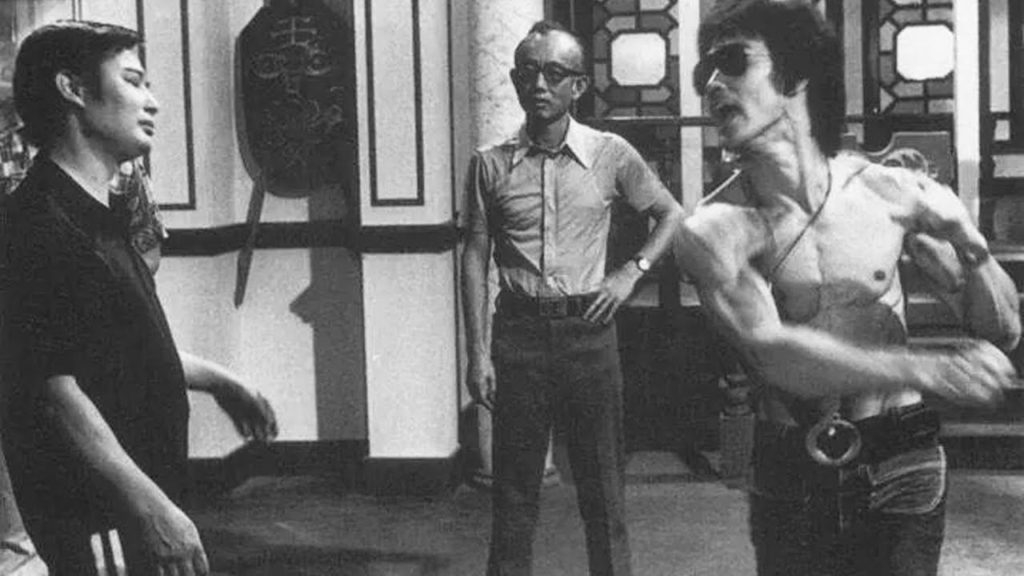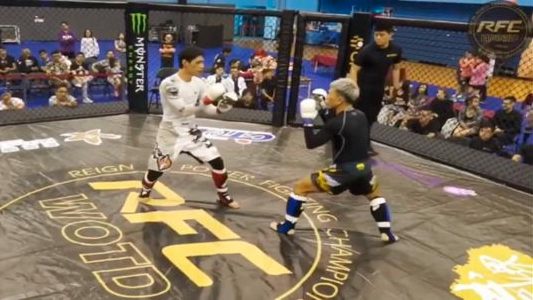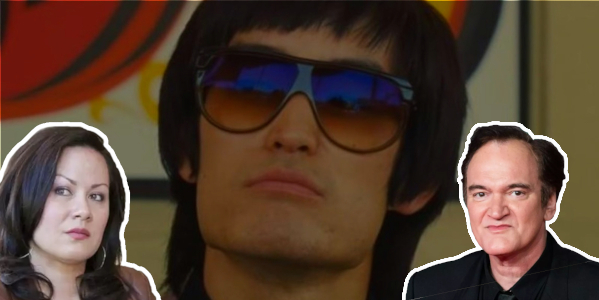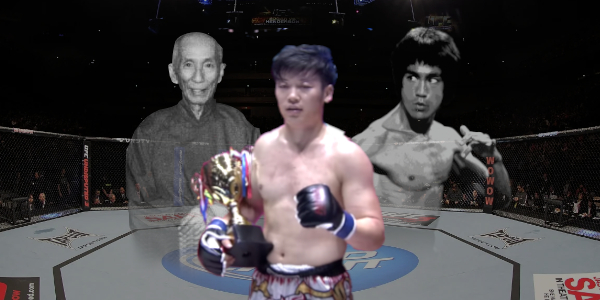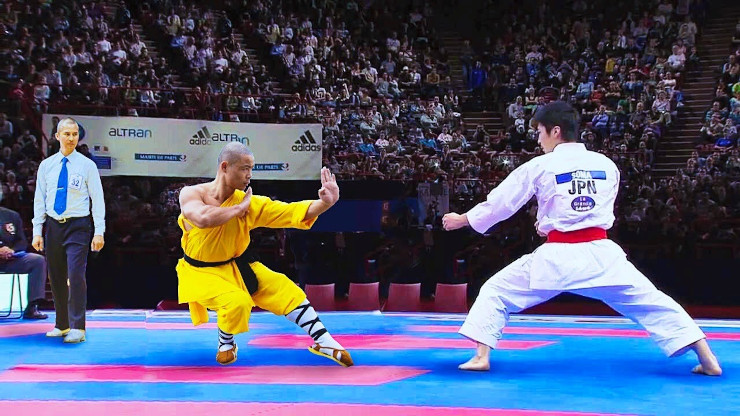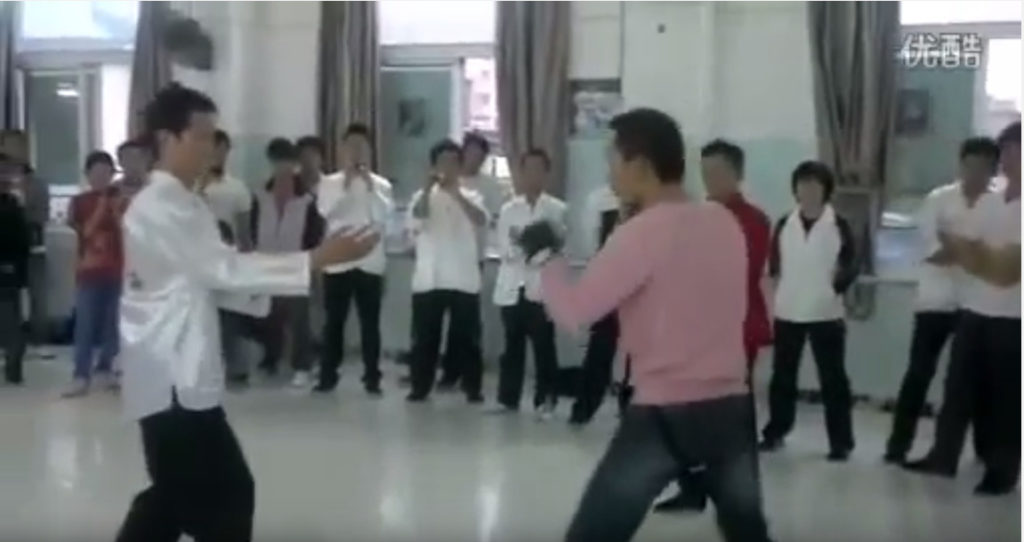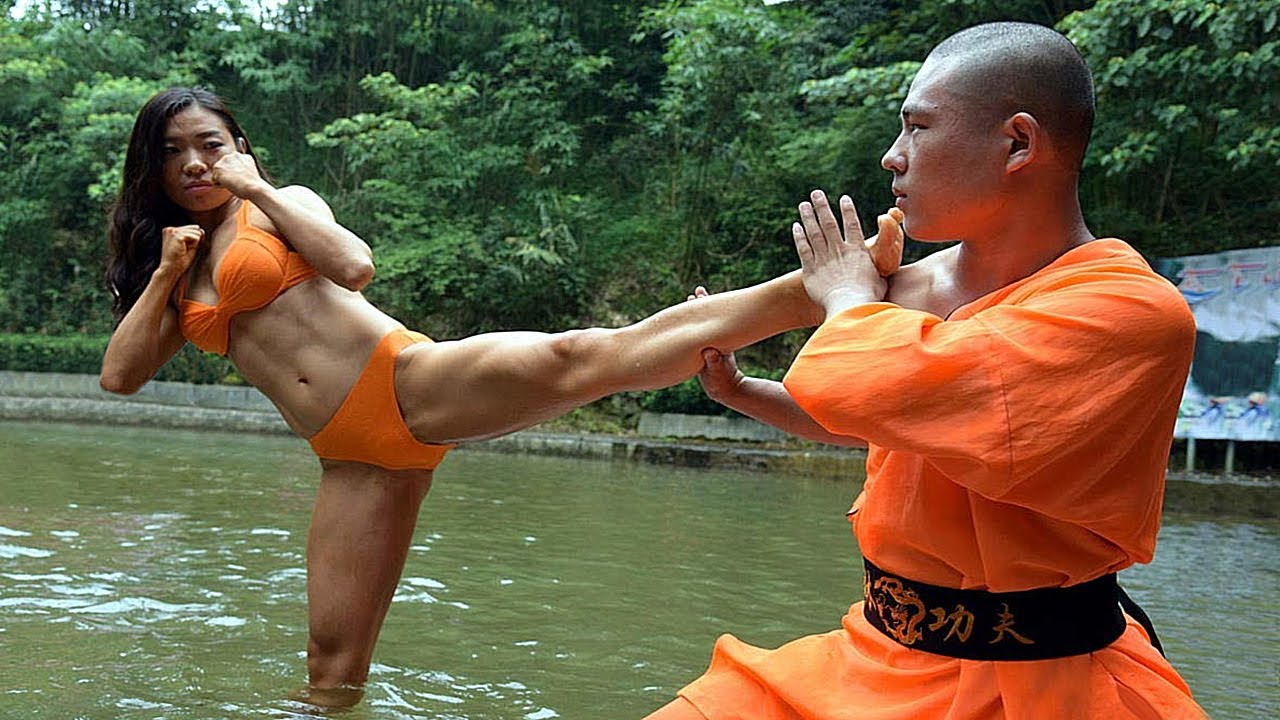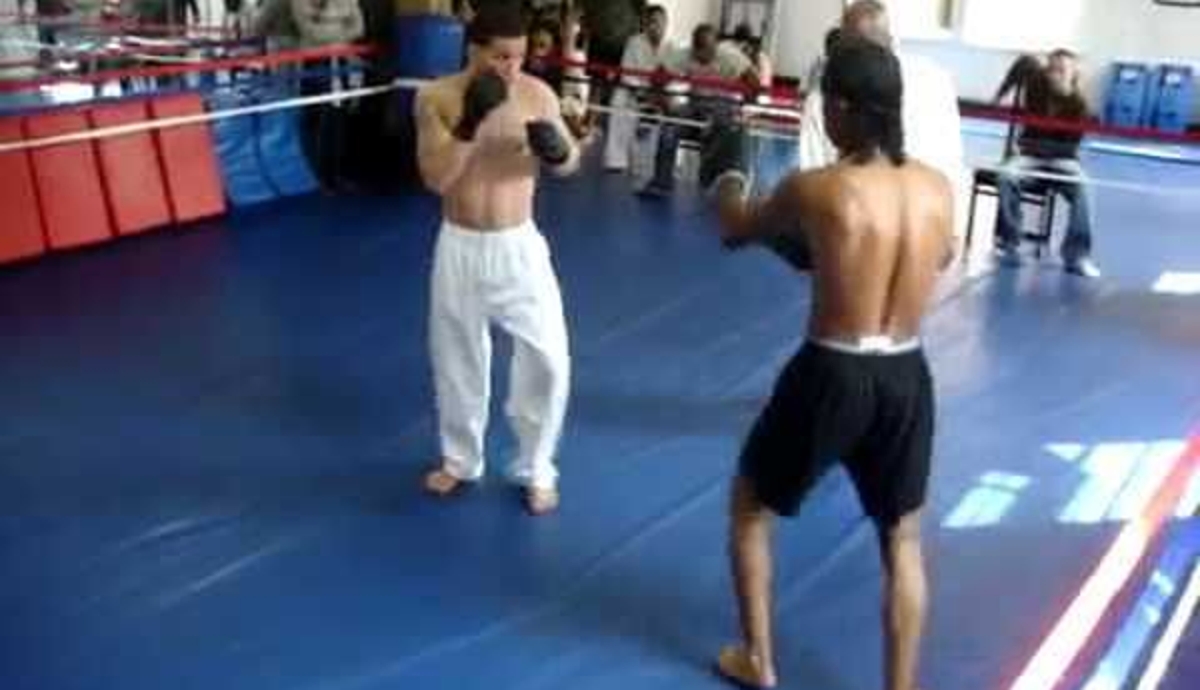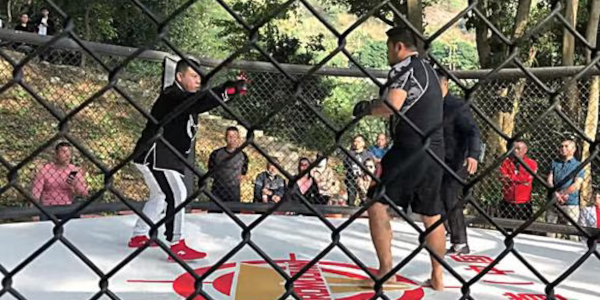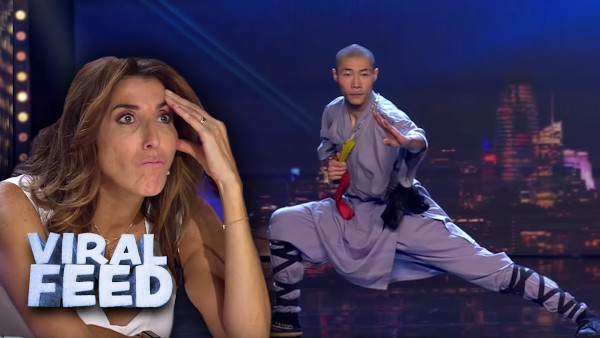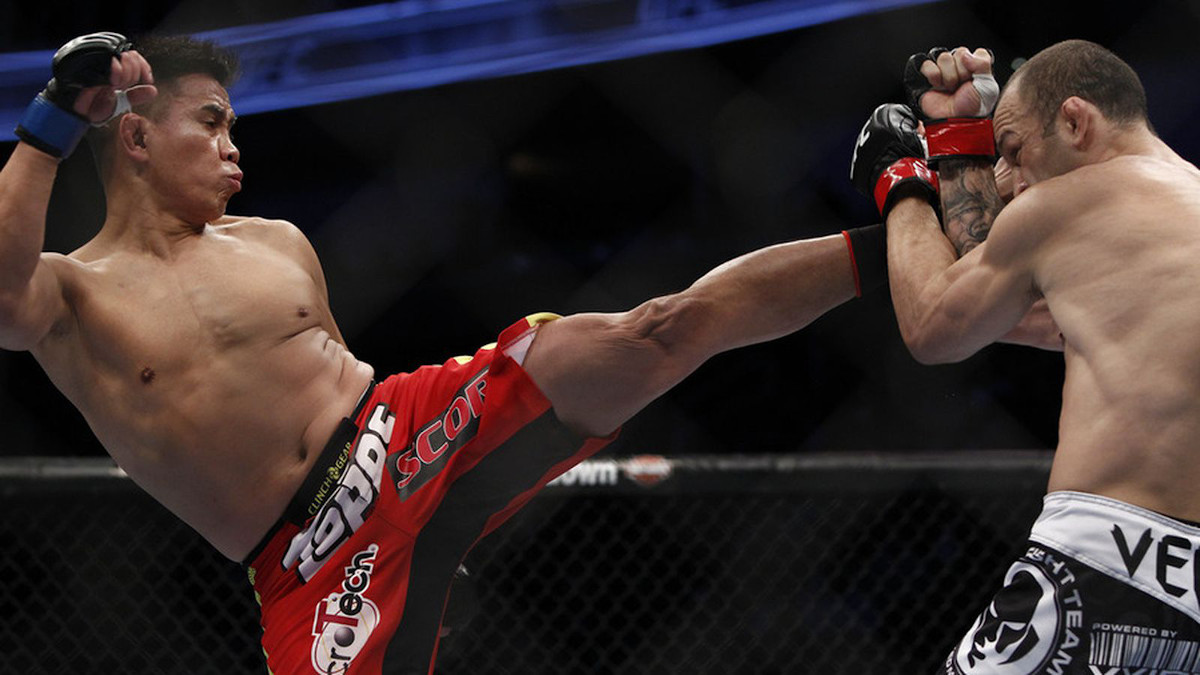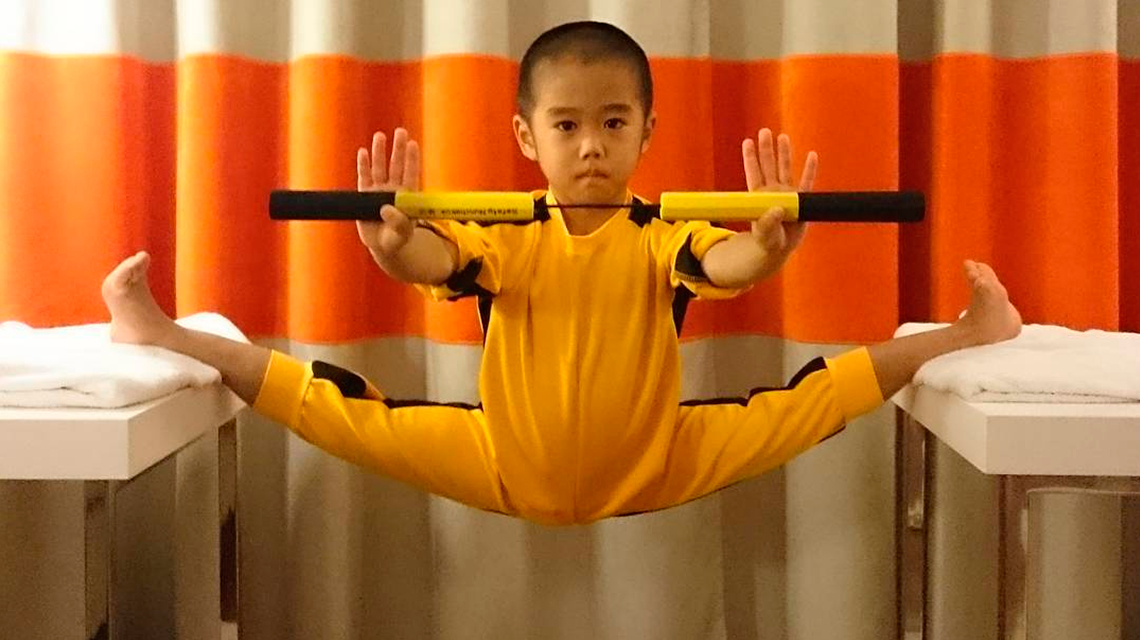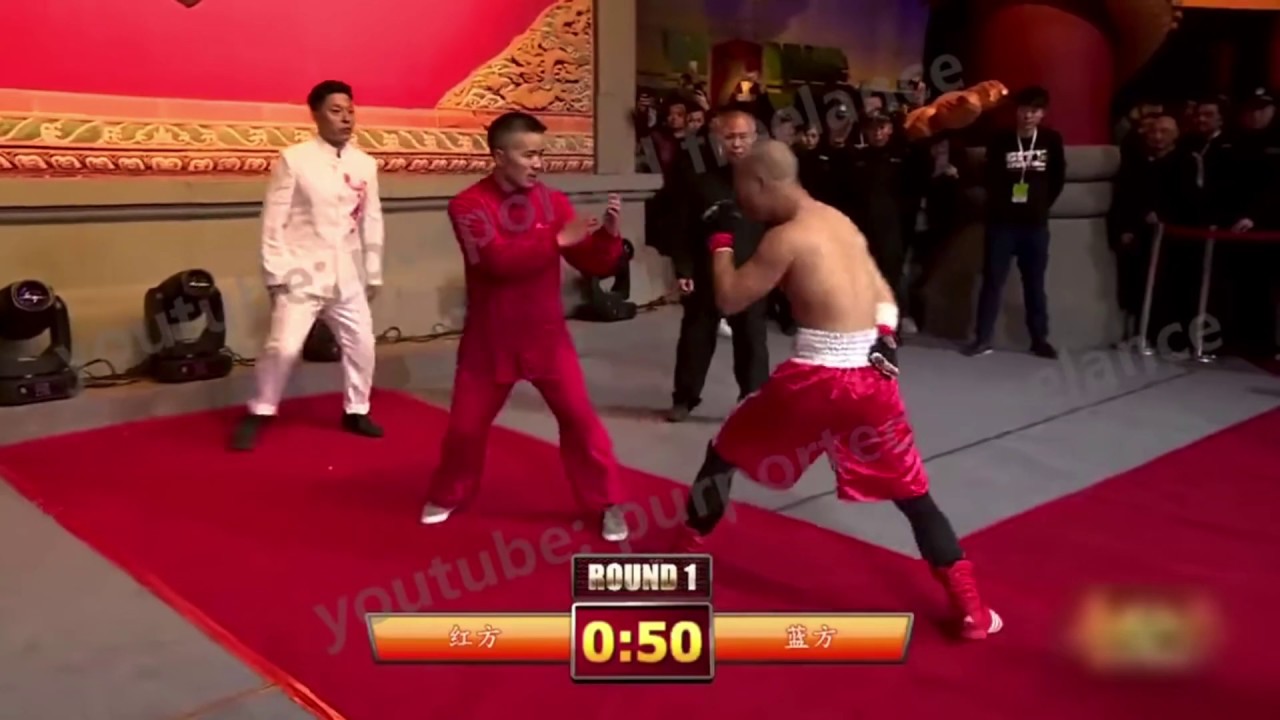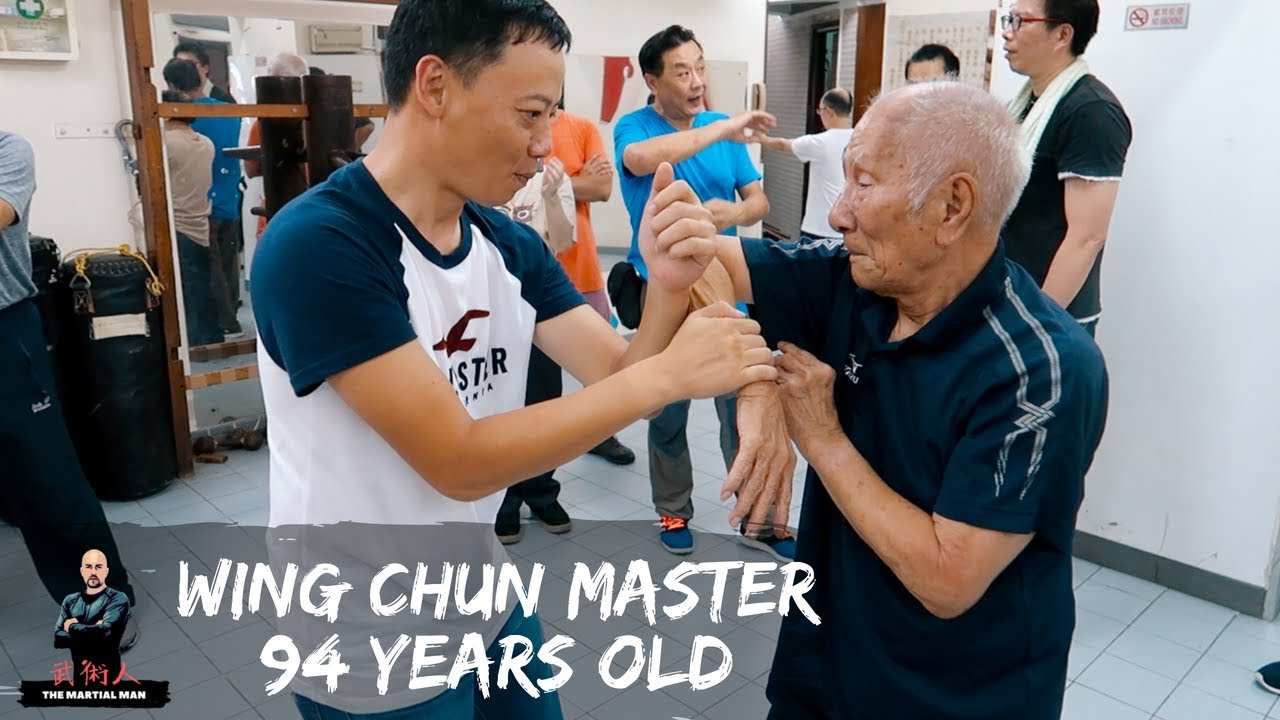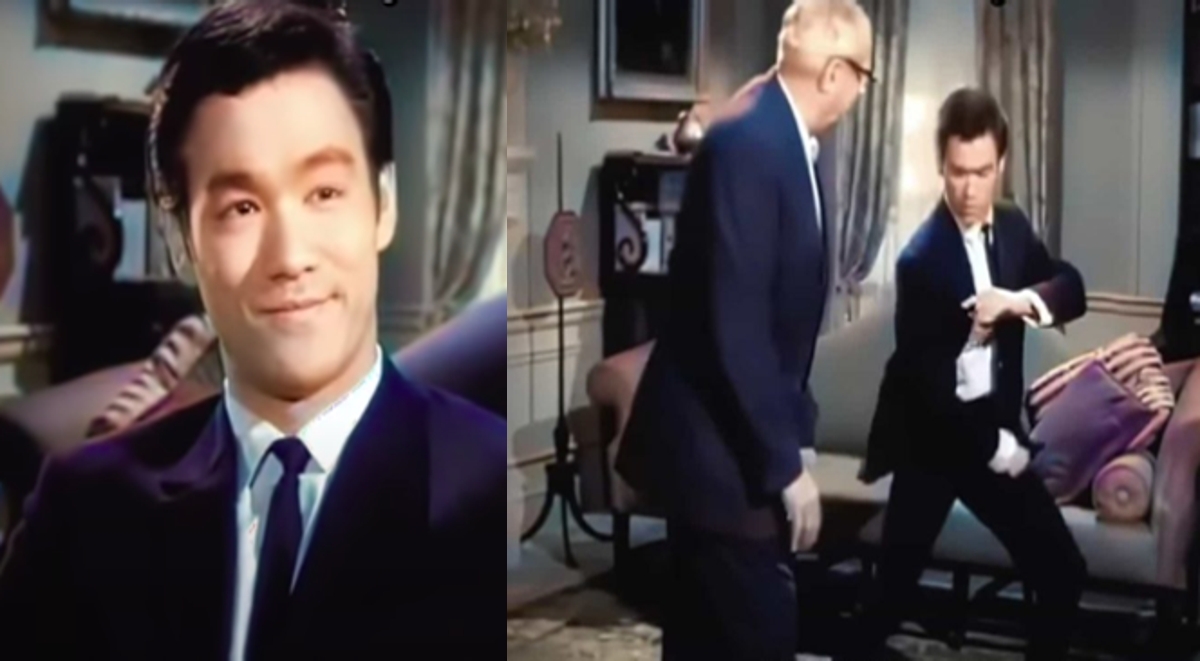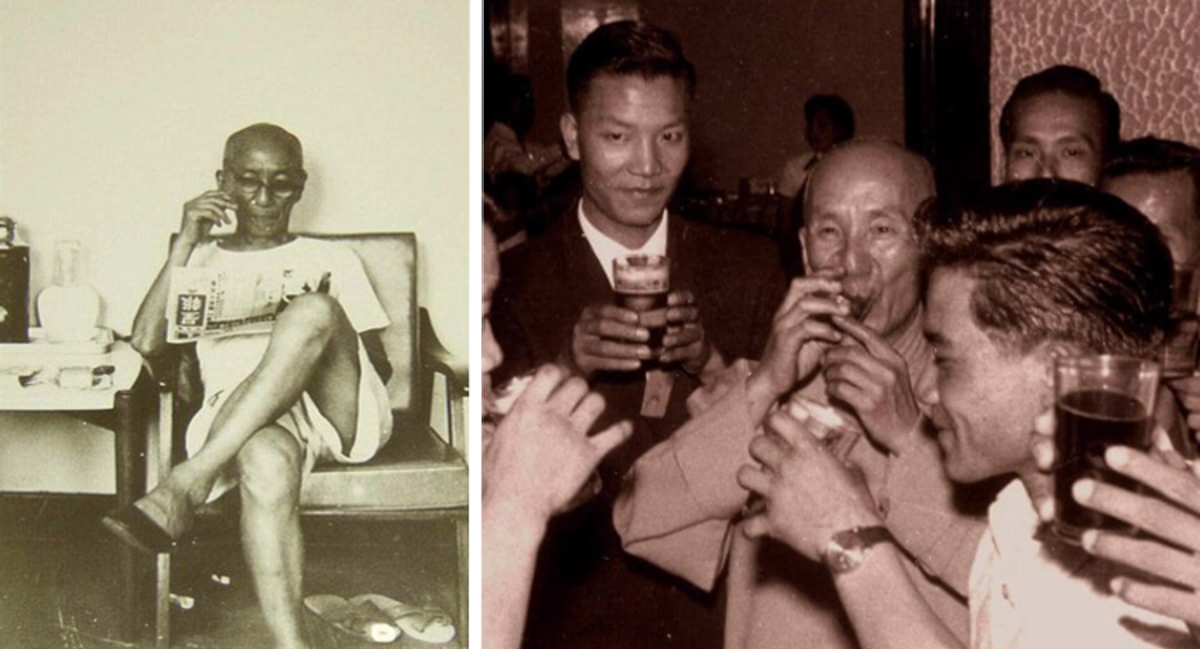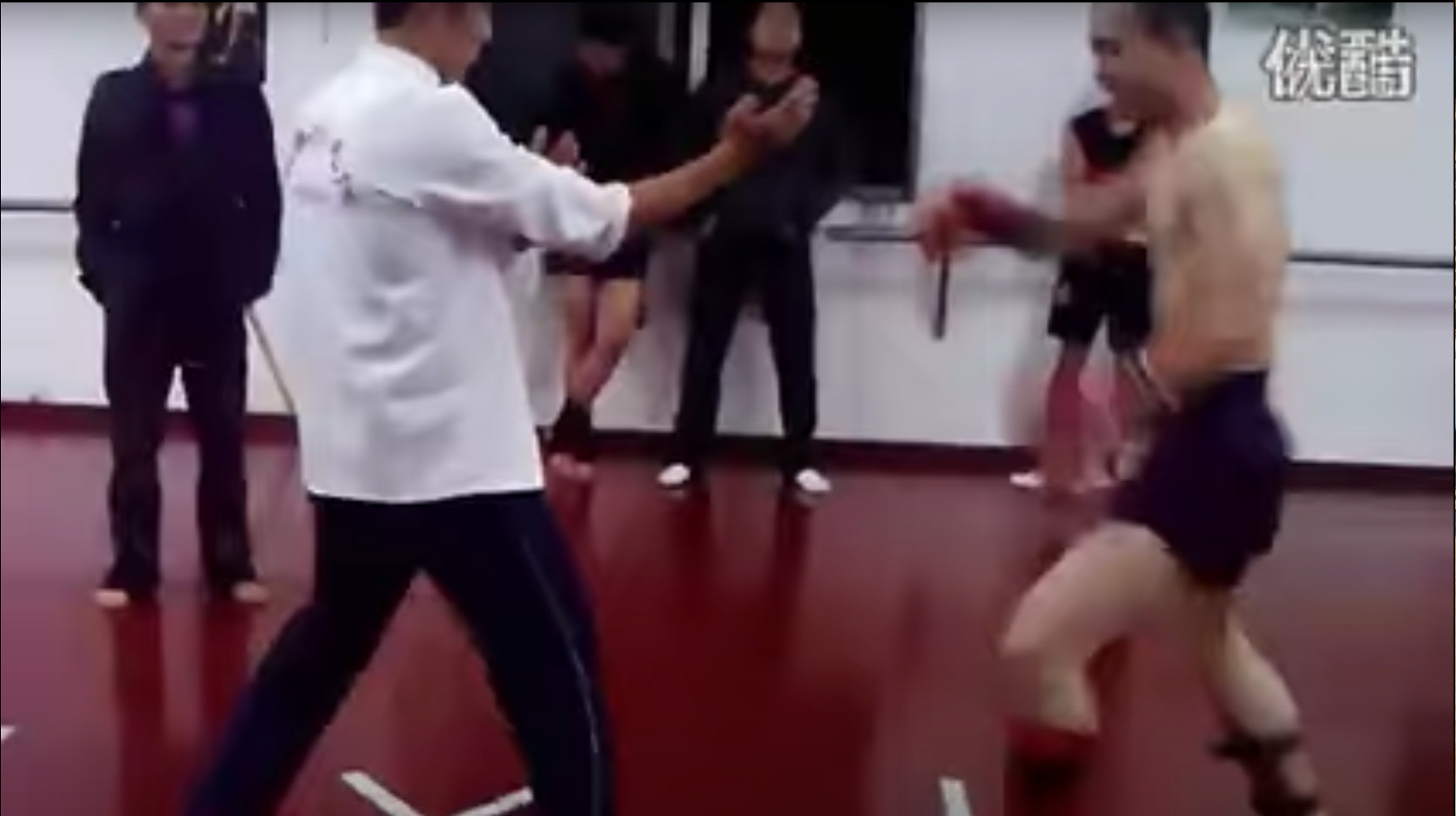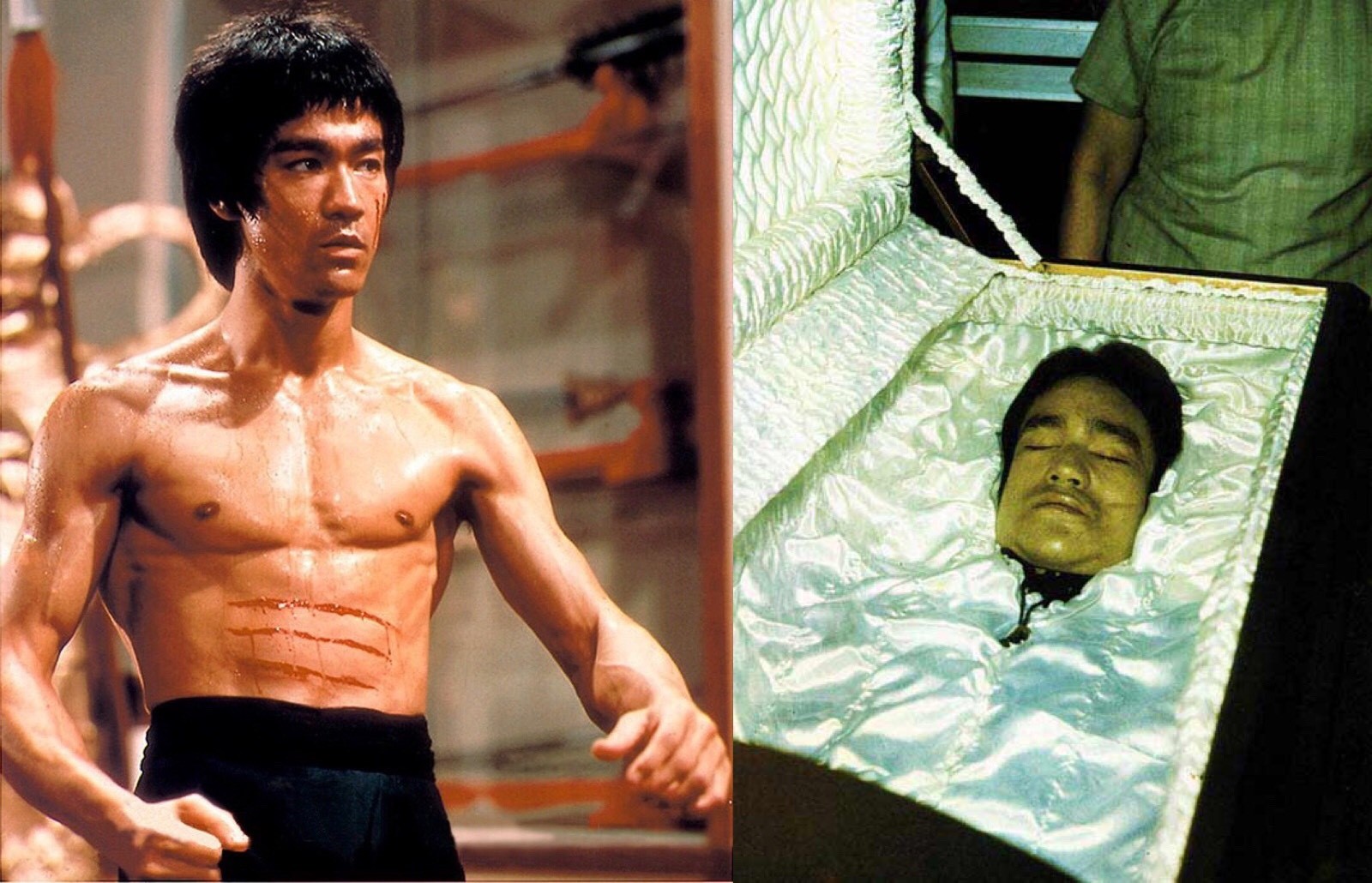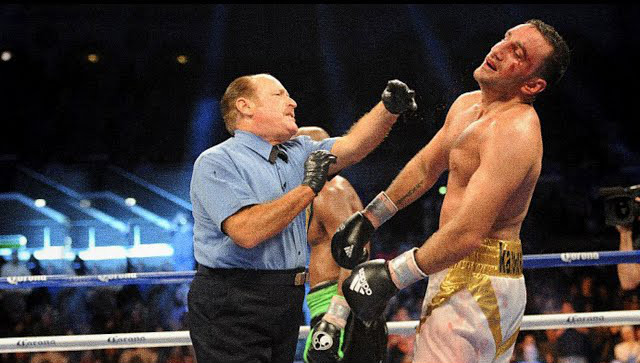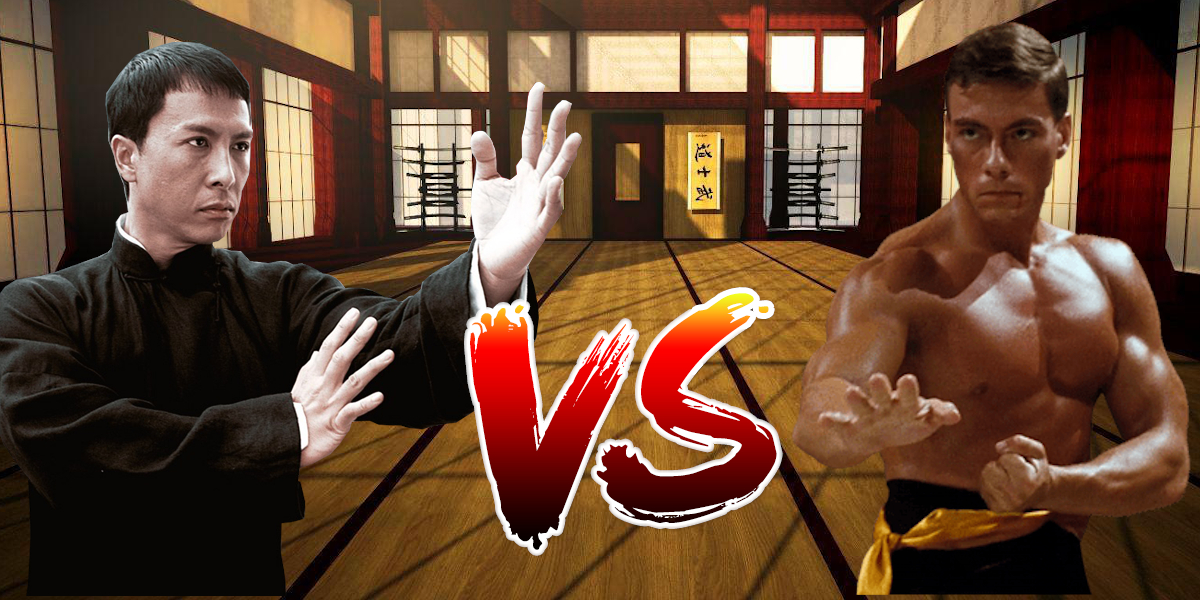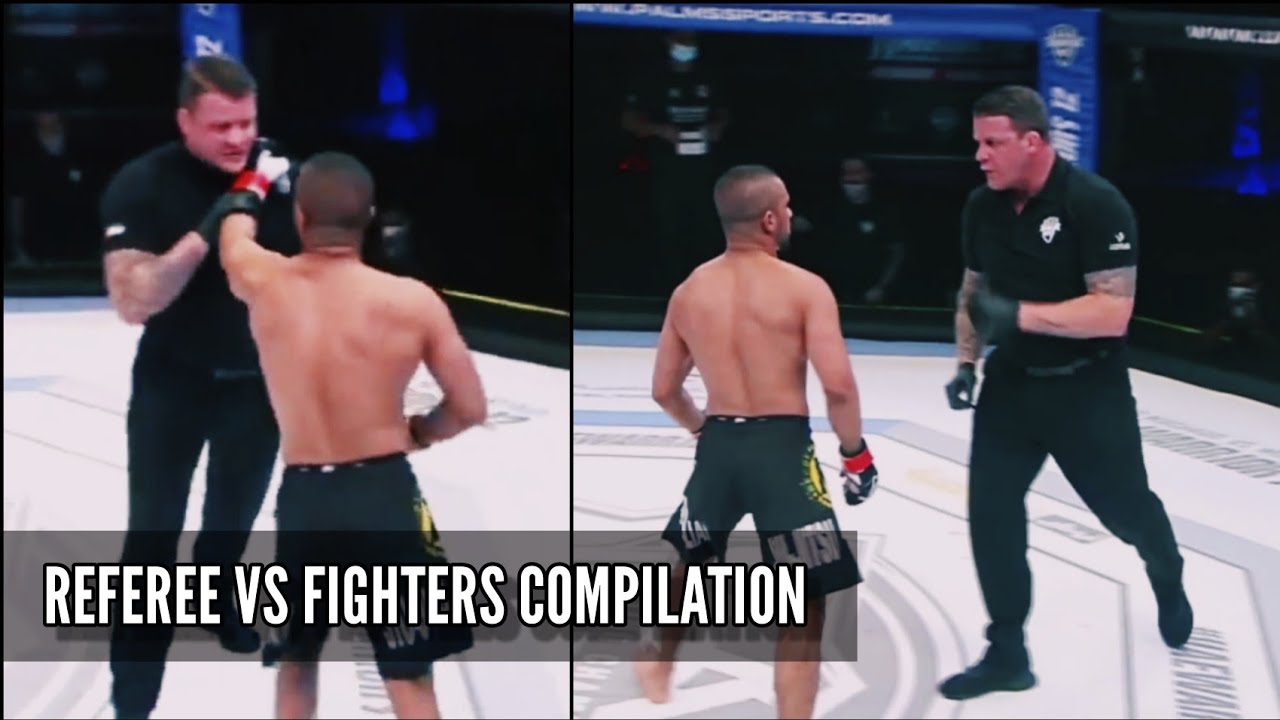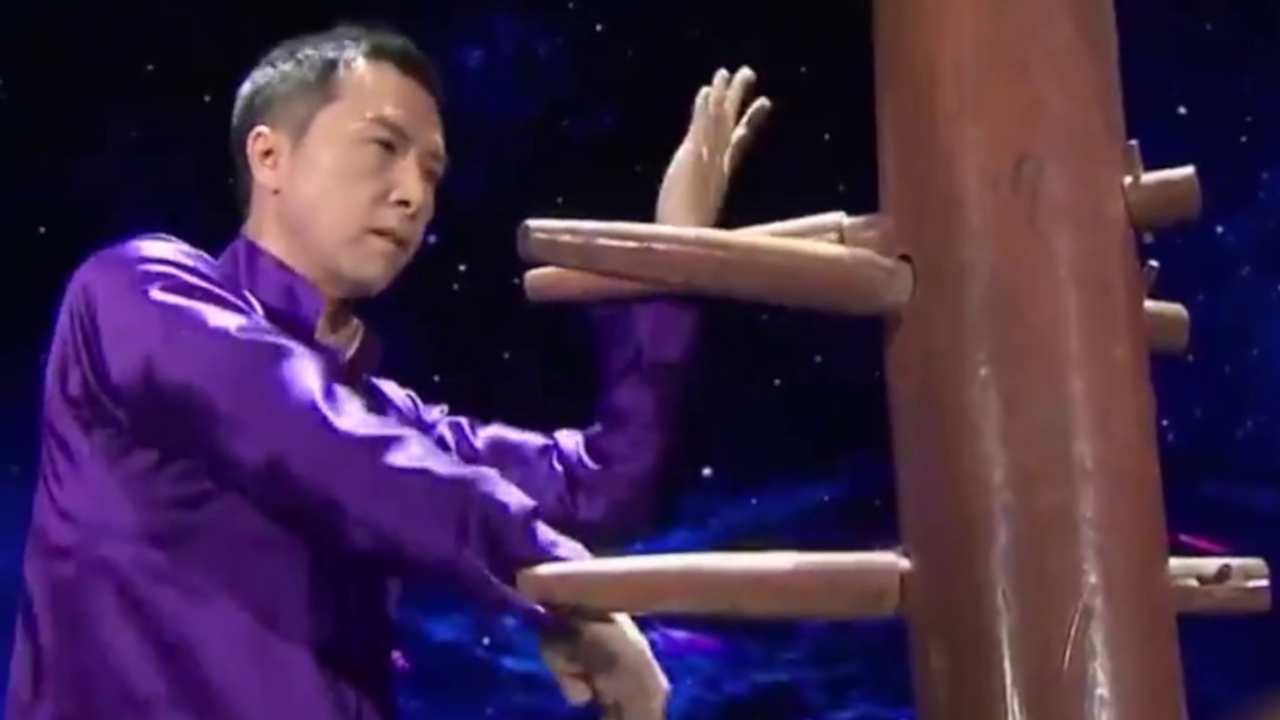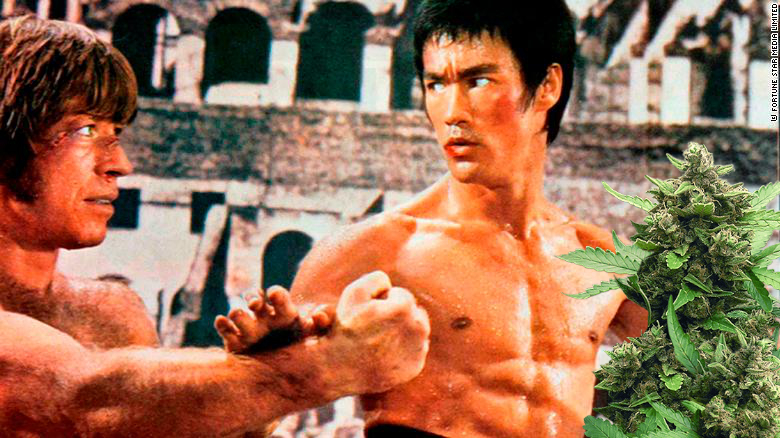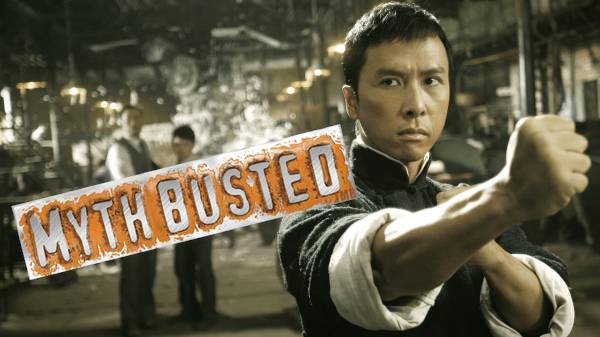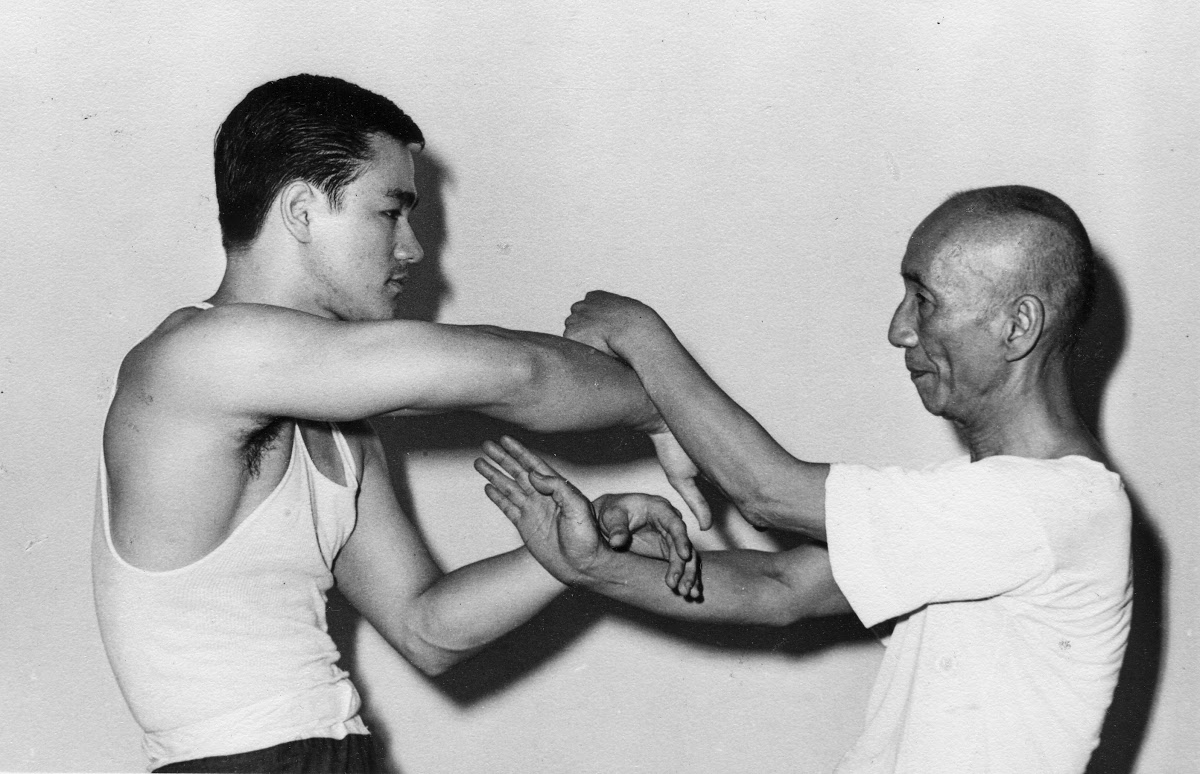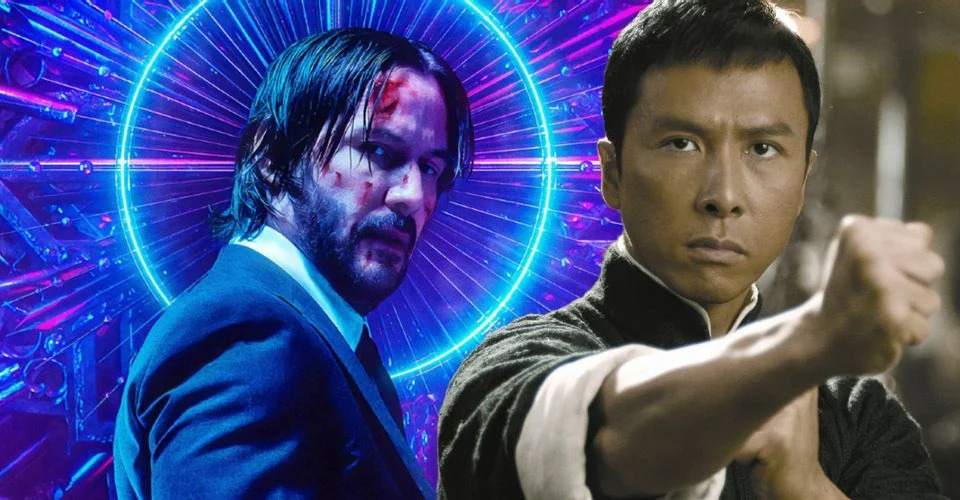6 STUPID THINGS a Martial Artist SHOULDN'T DO
Reading time: 9 minutes
Are you serious about your training? So, don't miss the six things a martial artist shouldn't do In a street fight.
This video was uploaded by Fight SCIENCE on their official channel. Don't forget to check it out.
Don't give any indication
The first thing a martial artist shouldn't do is to give any indication that they know what they're doing. This feels counter-intuitive to me because I thought that I should emanate this image of someone who's not worth messing with. Advertising or saying to people "this is what I do, leave me alone" can be a credible threat and people might back down. But if the person intends to engage you in this encounter, they will escalate to further levels of violence. They'll weaponize themselves and that is the danger to you. If you took a Bruce Lee pose in front of me I'd pick up a chair and smash it over your head.

Well the point is, if I really felt that I couldn't handle you, or you are going to be tough or hard work in a fight, I'm going to escalate to put the odds in my favor. That would essentially mean picking up anything in my environment, getting my friends, weaponizing myself, or doing anything I can, because you've shown me that you've got some skill.
They're going to make it easier for themselves, so you need to make them feel like it's already easy enough. Why give the person an inkling that you've got a skill? Use the element of surprise! If they underestimate you, and you have some skill, then you can use that to your advantage to dominate and control that person.
So, the best thing to do for a martial artist is to try to mirror the behavior in front of you: try to not pose in a martial arts stance, and don't give any indication that you know what you're doing.
Be active, not reactive
Never underestimate the guy in front of you and don't be reactive. You've always got to give the aggressor the credit that he can be just as dangerous as you are. It's the element of egotistical confidence: "if I think well, I'll wait for them to punch, I'll dodge it, and then I'll counterattack". But not only is it arrogant, but it's also reactive and reactive behavior is probably the most dangerous form of self-defense behavior that you can have. What you're doing is you're allowing them to move, and then you respond afterward.
Now, you could have a high level of skill, but you've never met this person before in your life and you don't know what their abilities are, and you don't know what their resilience would be to punishment.
So, you can't be reactive: you have to be proactive. You may have the skill level, but then you're gambling.get the job done in a gross motor fashion
Don't expect movement
Never assume that the bad guy will move how your training partner moves in the gym. Your understanding of physical movement is really reflective of your experience, but you can't assume that the person in front of you is going to move the same way as they do when you practice your martial art.
So, in the real world, not only are you likely facing someone who's untrained, or trained differently from you, but you're not dealing with this same structure that you've been used to training it.

If you've ever trained with a beginner in your own specific martial art, they are the worst people to train with because they're so unpredictable. Now, you put that in the context of a street fight: if you have this sort of expectation that the bad guy is going to move the way that your training partner does, then that's not going to happen. But when you're a trained martial artist, you get used to people moving in a certain way. How do you fix that? You try to train with the new people that come into the gym, who never trained before. They're going to fight erratically but that's how you get the experience of how to deal with people that don't move the way that you expect them to move.
Don't fight with fairness
Don't take your gym mentality to the streets. Basically, don't fight fair. It's not necessarily the rules: this is your conditioned response to the stimuli.
Your condition to these rules that you are following, even if they're unspoken. It could just be the rules like "don't kick the groin" for example, yget the job done in a gross motor fashionou don't do this. But if you don't train it, it becomes adversity for you: you won't naturally be inclined to kick someone in the groin. You won't naturally be inclined to headbutt someone (for example), both of which could be life-saving moves if you're under attack.
How many people train to grab the testicles? But on the other hand, you don't want to be caught short needing to do that, and not knowing how.
If you fight to a certain rule structure, then that's going to be imported subconsciously into the fight. We never want our subconscious conditioning to become a disadvantage for us.
Don't think one punch
Never assume that one punch will finish a fight.
So many martial artists have this in their mindset, but the extension of this point is that most people don't accept that they're going to get hit in a fight. That's why they want to train in martial art. The point being is that the mindset that you can finish fights quickly is actually going to be a disadvantage for you when you're in a street fight. The human body is very robust: it takes a lot of punishment. So you can't assume that you're going to hit someone once and they're going to fall on the floor. You need to be able to fight them until it's over, and you don't get to decide really when it is.
But here's the thing never: forget that that person is also having an adrenal response too. If you're suffering from adrenaline, you can take punishment. But so too is that person. So, you're hitting someone that's also experiencing adrenaline. It's just as dangerous for you as it is for them. If you accept that you'll get hit in a fight, then you'll be much more effective in defending yourself. That's a psychological issue.
Don't try to look good
Fighting is formless, it's chaotic. It's not about what it looks like, it's about how effective it is. So, never try to look good when you're fighting. A punch is a punch, you get your hands up. A block is a block, but you're not trying to do this stylized dragon move. What you're trying to do is just get the job done in a gross motor fashion, and survive. This brings us to the next point.
Don't try new moves
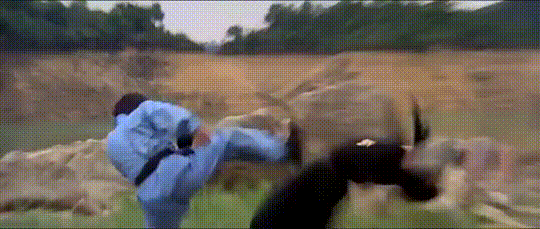
You never try new moves on that day. That is the time when you should actually know what you're doing by that point. If you go into it and you have no expectations of what's going to happen, or what move you're going to do, it's going to be far safer and you're actually going to be much more effective in your own self-defense because you're responding to real-time information, not what you think is going to happen.
So, it brings us back to the same critical points, which are: adapt and be fluid.
Deal with the information as it's handed to you, not with preparation and thought about "What's going to happen","what it's going to look like", and "how you're going to react", "what is it going to feel like" because then you're caught up in your mind and you're missing what's happening in front of you at the time.
Ultimately most people want to look good when they're fighting. They're more obsessed with how they look rather than how effective they are because they're attracted to martial arts because it looks good. But the truth is: in a real attack, if I'm focused on what I look like and I want to look cool, then I'm putting my life in danger. And my family's life is in danger as well.
That's one thing that a martial artist shouldn't do
Thank you. Your comment will be approved shortly.
Comments
Thank you. Your comment will be approved shortly.
Thank you. Your comment will be approved shortly.
Thank you. Your comment will be approved shortly.
Thank you. Your comment will be approved shortly.
Thank you. Your comment will be approved shortly.
Thank you. Your comment will be approved shortly.
Thank you. Your comment will be approved shortly.


